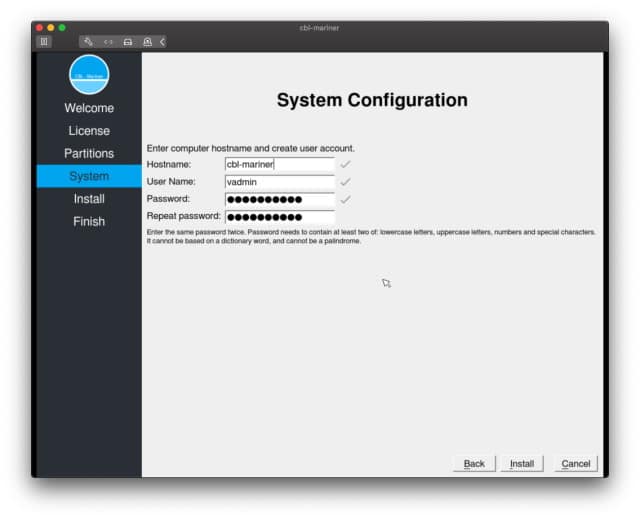Microsoft has its own Linux distro called CBL-Mariner

It's no secret that Microsoft has been showing Linux a lot more love in recent years -- just look to Windows Subsystem for Linux as an example. Nonetheless, it might surprise you to learn that Microsoft has its very own Linux distribution.
A recent blog post by a member of the Microsoft Azure team shares details on the company's Linux distro. In it, Juan Manuel Rey sheds light on the creation, and gives an intriguing insight into it. Called CBL-Mariner the distro is used by Microsoft engineering teams to build its cloud infrastructure and edge products and services.
See also:
- Want the Windows 10 Start menu in Windows 11? Tough... Microsoft has removed it
- Microsoft's KB5004945 update to fix PrintNightmare is breaking some printers
- Windows 11 WSL2 performance compares very favorably with bare metal Ubuntu Linux in benchmarks
In his blog post, Rey starts off saying: "Hell is freezing because at Microsoft we have our own Linux distribution". He goes on to explain that this internal distro is not a general purpose distribution like Ubuntu or Fedora -- although it is noted it has a similar feel to the likes of Fedora or Photon-OS.
While the source code is available, there are no ISOs or images -- but there's nothing to stop you from compiling your own (keeping in mind a few pre-requisites).
CBL-Mariner was created by Microsoft’s Linux System Group, the same people who are behind Windows Subsystem for Linux version 2. If you were wondering, CBL stands for Common Base Linux.
Rey says of the distro:
CBL-Mariner package system is RPM-based. The package update system uses both dnf and tdnf, Tiny DNF is a package manager based on dnf and coming from VMware’s Photon OS.
CBL-Mariner also supports an image-based update mechanism for atomic servicing and rollback using RPM-OSTree, rpm-ostree is an open source tool based on OSTree to manage bootable, immutable, versioned filesystem trees. The idea behind rpm-ostree is to use a client-server architecture to keep Linux hosts updated and in sync with the latest packages in a reliable manner.
He adds:
CBL-Mariner follows the secure-by-default principle, most aspects of the OS have been built with an emphasis on security. It comes with a hardened kernel, signed updates, ASLR, compiler-based hardening and tamper-resistant logs amongst many features.
If you're interested in grabbing the source code to take a look at, head over to GitHub.
